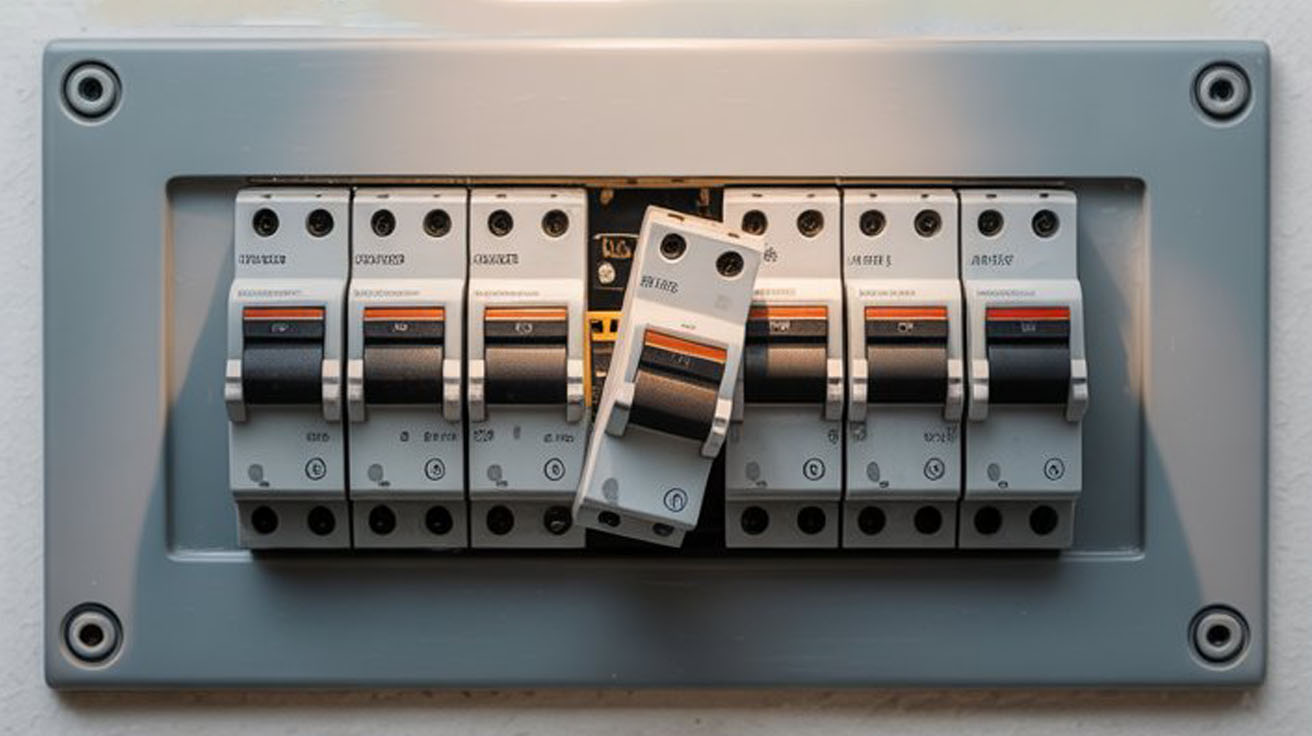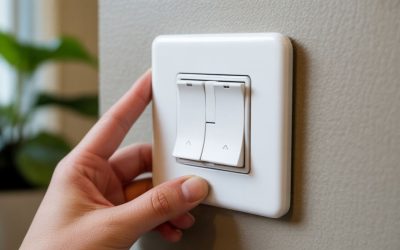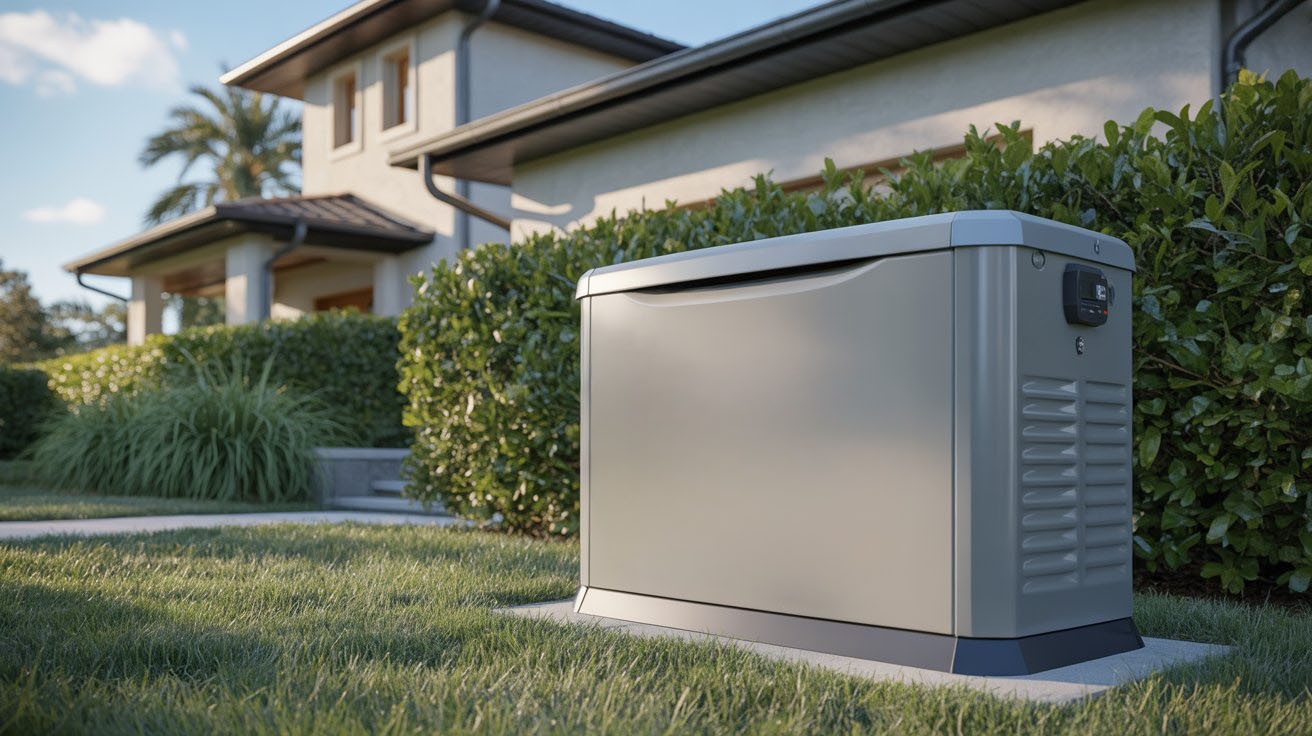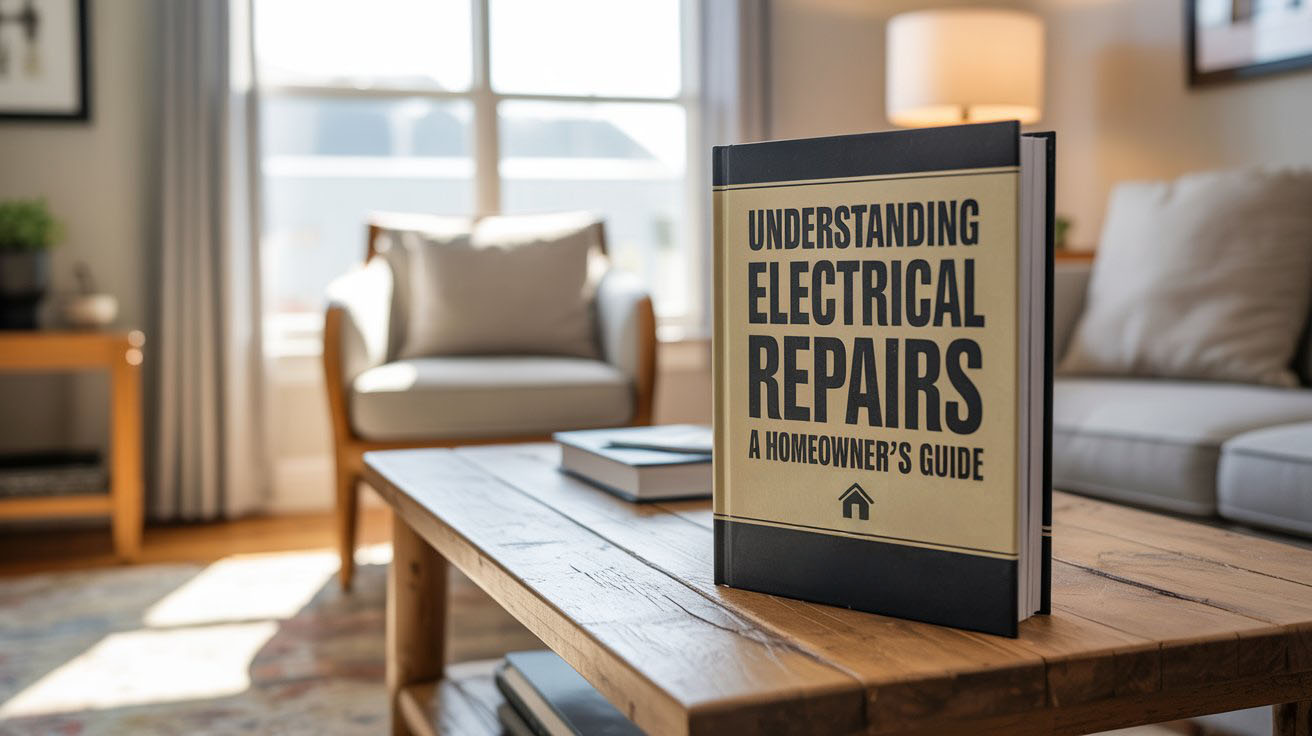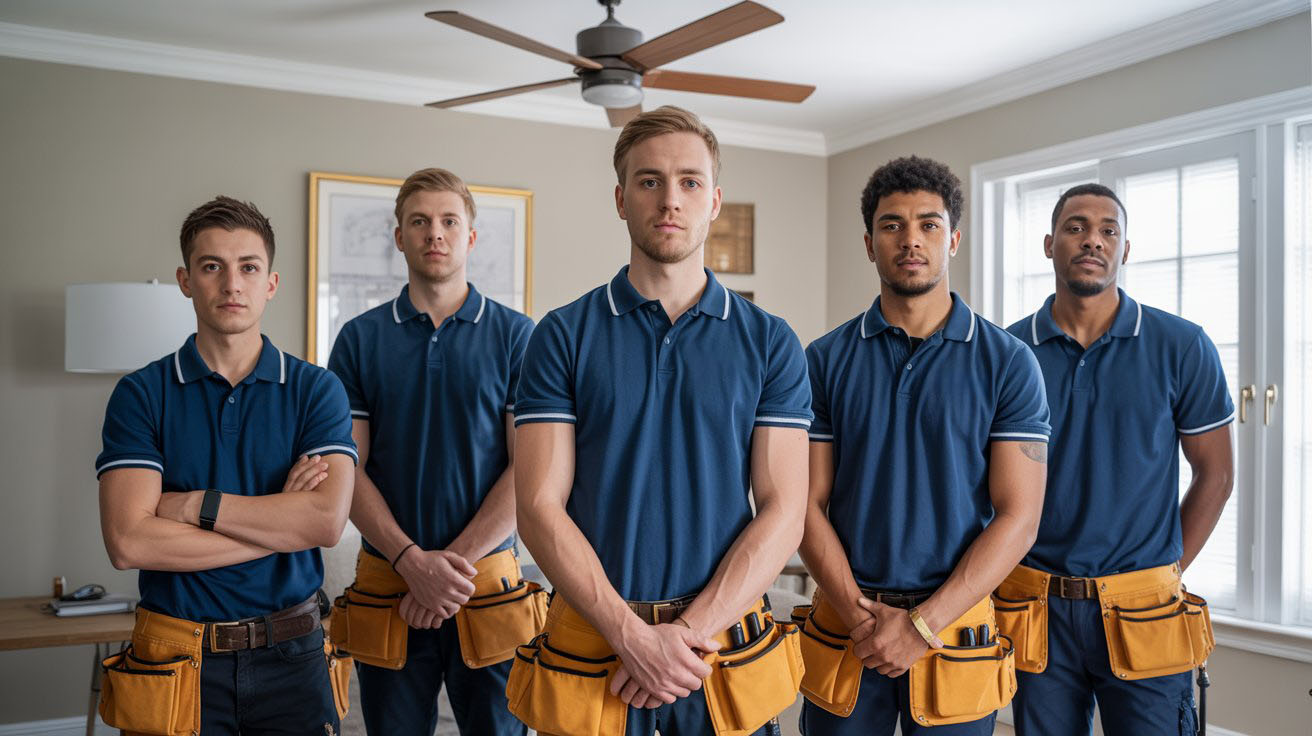Understanding when to repair or replace your circuit breaker is essential for maintaining a safe and efficient electrical system. Circuit breakers are a crucial component of your home’s electrical panel, safeguarding your home from electrical overloads and faults. Knowing the signs that indicate a need for action can save you time, money, and headache down the road.
Table of Contents
- What is a Circuit Breaker?
- Signs Your Circuit Breaker Needs Attention
- Repair or Replace: Making the Right Choice
- Safety First: Why Circuit Breaker Issues Matter
- Key Takeaways
- Frequently Asked Questions
- Get Professional Help Today
What is a Circuit Breaker?
A circuit breaker is an electrical switch designed to protect an electrical circuit from damage caused by excess current. When a fault occurs, the circuit breaker automatically cuts off the electrical flow to prevent overheating and potential fire. It plays a vital role in home safety, ensuring that your electrical appliances and wiring are not subjected to dangerous levels of electricity.
Signs Your Circuit Breaker Needs Attention
It’s essential to recognize the signs that your circuit breaker is malfunctioning. Ignoring these signs can lead to more significant problems or safety hazards. Some common warning signs include:
- Recurring Tripped Breakers: If your circuit breaker keeps tripping, it indicates an underlying issue that needs resolution.
- Physical Damage: Any visible burns, cracks, or corrosion on the circuit breaker is a clear sign that it needs replacement.
- Warm to the Touch: If the breaker feels warm or hot, it may be overloaded, signaling a need for repair or replacement.
- Electrical Issues: Frequent flickering lights or appliances that struggle to power on can indicate circuit problems.
- Age: Like any appliance, circuit breakers age. If yours is over 30 years old, it might be time for an upgrade.
Repair or Replace: Making the Right Choice
Deciding whether to repair or replace your circuit breaker can be challenging. Here are some factors to consider:
When to Repair
Sometimes, a simple repair is all that’s needed. Consider repair if:
- The breaker is relatively new and still under warranty.
- You’ve identified a minor issue that can be easily fixed.
- It is one of many breakers and not overly critical for your home’s main power supply.
When to Replace
In other cases, replacement is the safer and more cost-effective option. Replace if:
- The breaker is old or damaged beyond repair.
- It frequently trips, making it inconvenient and unsafe.
- You want to upgrade to a more modern breaker for better safety features.
Safety First: Why Circuit Breaker Issues Matter
Addressing circuit breaker issues promptly is crucial for maintaining home safety. Circuit breakers safeguard your electrical system and prevent potential fires. An overloaded breaker can pose serious risks not only to your appliances but also to your family. Ensuring your circuit breaker operates correctly is a small yet significant investment in your home’s safety.
Key Takeaways
- Recognize the signs of a failing circuit breaker, including frequent tripping and physical damage.
- Know when to repair or replace your circuit breaker by assessing its age and condition.
- Prioritize safety in your home by addressing electrical issues quickly.
- Consult a professional electrician for repairs and replacements to ensure safety and compliance.
Frequently Asked Questions
What causes a circuit breaker to trip?
A circuit breaker trips when it detects an overload, short circuit, or ground fault. These issues can arise from faulty appliances, excessive device usage on a single outlet, or damaged wiring.
How often should a circuit breaker be replaced?
Generally, a circuit breaker can last up to 30 years. However, if you experience frequent issues or notice physical damage, it’s wise to consult an electrician.
Can I replace a circuit breaker myself?
While some homeowners feel comfortable handling electrical tasks, replacing a circuit breaker is best left to professionals. Mistakes can be dangerous and may lead to further complications.
What are the signs of a bad circuit breaker?
Signs include frequent tripping, visible damage, overheating, and inconsistent power supply to electrical devices.
Are older circuit breakers safe?
Older circuit breakers may not provide adequate protection against modern electrical demands and can be a fire hazard. Regular inspection and upgrading are recommended.
Get Professional Help Today
If you suspect your circuit breaker needs repair or replacement, seek assistance from a licensed electrician. Ensuring your home remains safe is of utmost importance. Contact us today to schedule a comprehensive electrical inspection and get the peace of mind you deserve.

